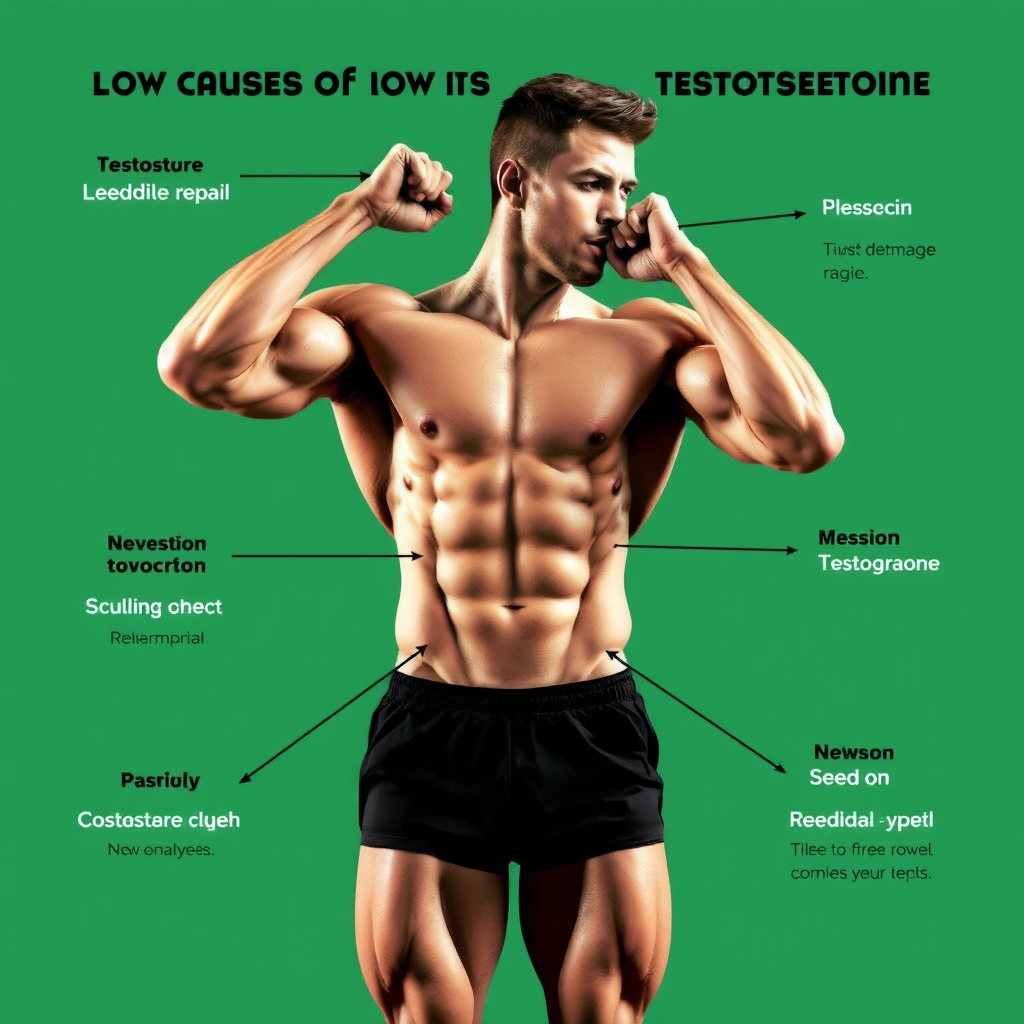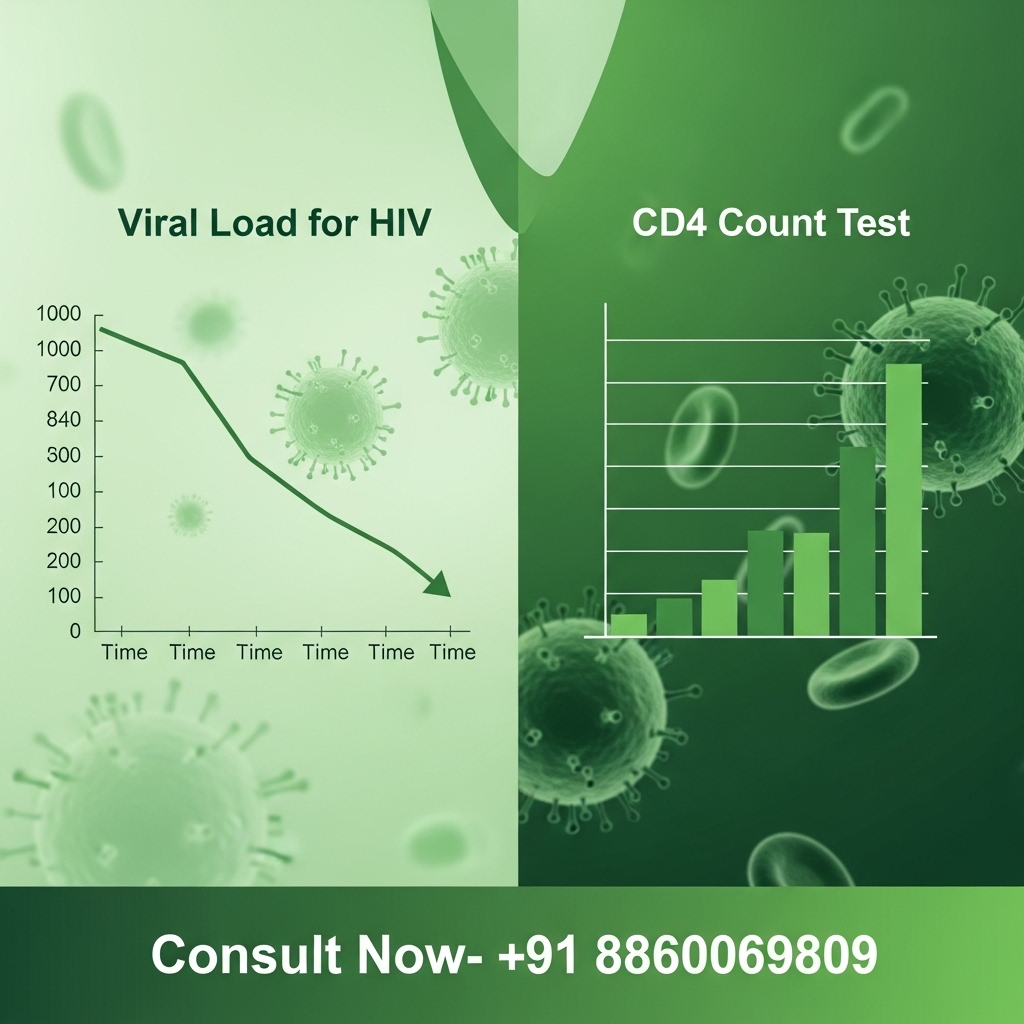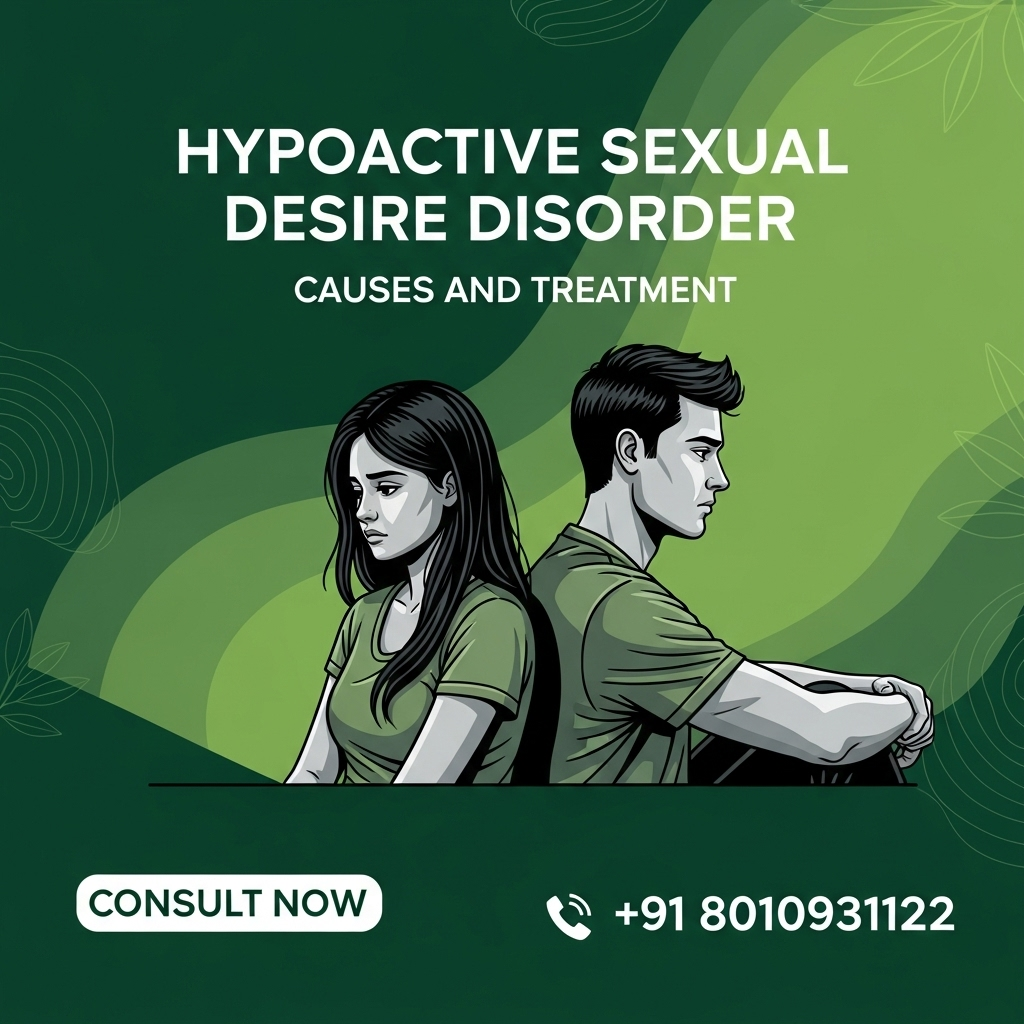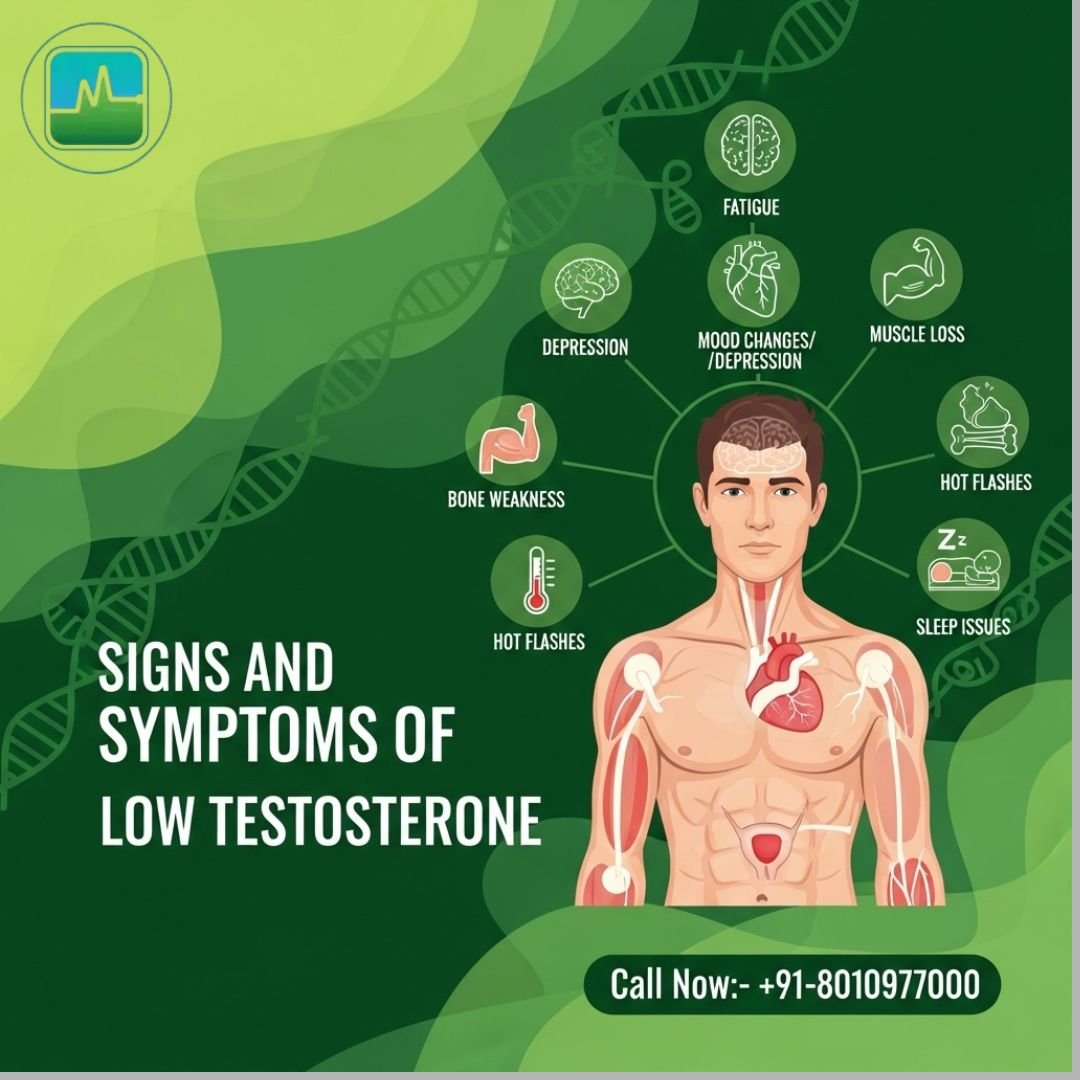Who can have low testosterone?
Low testosterone, or “low T,” isn’t just a problem for older men. It can affect anyone, regardless of age or fitness level. I remember when my friend Tom, who’s only in his early 30s, started feeling off. He was always tired, gained some weight, and fell in the dumps. Turns out, his testosterone levels were lower than expected for his age.
Here are some groups who might experience low testosterone:
- Middle-aged and older men
- Men with certain medical conditions like diabetes or obesity
- Athletes who’ve used steroids
- People with genetic disorders
- Some women, especially after menopause
Causes of low testosterone
There are quite a few reasons why testosterone levels might drop. It’s not always as simple as getting older, though that’s a common cause. Here are some other factors that could be at play:
- Injury or infection in the testicles
- Chemotherapy or radiation treatment
- Medications, especially steroids, and opioids
- Chronic diseases like liver or kidney disease
- Stress and poor sleep
- Obesity
I once knew a guy who was a hardcore gym-goer. He was shocked to find out his intense workout routine and strict diet were lowering his testosterone levels. It goes to show that balance is key in everything!
How is low testosterone diagnosed?
Getting diagnosed with low testosterone isn’t as straightforward as you might think. It’s not just a matter of feeling tired or moody. Here’s what the process usually looks like:
- Medical history: Your doctor will ask about your symptoms and overall health.
- Physical exam: This helps rule out other potential causes.
- Blood tests: These measure your testosterone levels. It’s best to do these tests in the morning when levels are highest.
- Additional tests: Sometimes, your doctor might order more tests to check for underlying conditions.
Remember, one low test result doesn’t necessarily mean you have a problem. Testosterone levels can fluctuate, so your doctor might want to test you a few times.
How is low testosterone treated?
If you’re diagnosed with low testosterone, don’t worry! There are several treatment options available. The right one for you will depend on the cause of your low T and your overall health. Here are some common treatments:
Testosterone Replacement Therapy (TRT)
This is the most common treatment. It comes in several forms:
- Gels or patches you apply to your skin
- Injections
- Pellets inserted under your skin
Lifestyle changes
Sometimes, simple changes can make a big difference:
- Eating a balanced diet
- Getting regular exercise
- Managing stress
- Improving sleep habits
Treating underlying conditions
If your low T is caused by another health issue, treating that condition might help boost your testosterone levels naturally.
Natural supplements
Some people swear by certain vitamins and herbs, but the evidence for these is mixed. Always talk to your doctor before starting any supplements.
Remember, low testosterone treatment is not one-size-fits-all. What works for one person might not work for another. It’s all about finding the right balance for you.











Leave a Reply